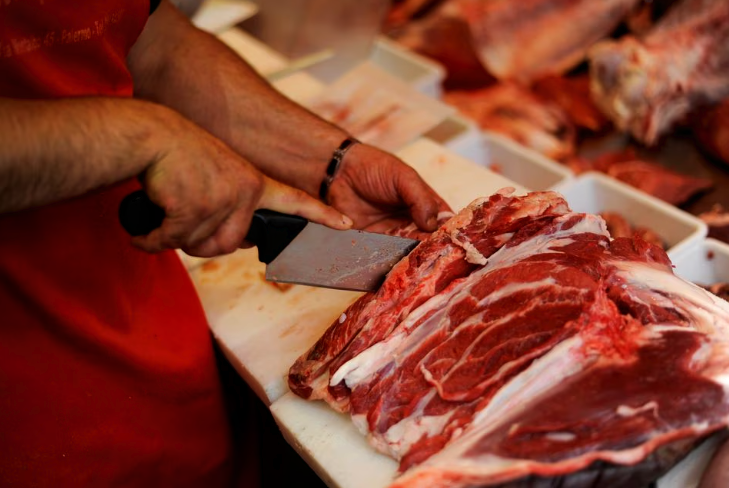Italy: Meloni Government Introduces Bill to Ban Lab-Grown Meat
Italy is reportedly preparing to approve legislation that would ban the use of laboratory-grown meat in food and animal feed, as the government seeks to protect the country's "agri-food heritage."

Facts
- Italy is reportedly preparing to approve legislation that would ban the use of laboratory-grown meat in food and animal feed, as the government seeks to protect the country's "agri-food heritage."1
- If passed, the Italian agriculture industry would be restricted from producing food or feed "from cell cultures or tissues derived from vertebrate animals," with violators facing fines of up to 60K euros ($65K).2
- Minister Francesco Lollobrigida, a senior member of PM Giorgia Meloni's right-wing Brothers of Italy party, has said of the impetus behind the bill: "Laboratory products in our opinion do not guarantee quality, well-being and the protection of our culture, our tradition."3
- As the Meloni government is also pledging to rename the agriculture ministry the "ministry for agriculture and food sovereignty," agriculture lobbyists have argued that the new legislation would protect Italy against "synthetic food" and "the attacks of multinational companies."4
- However, proponents of "cell-based" food, including animal rights groups, have commented that the legislation will "shut down the economic potential of this nascent field in Italy, holding back scientific progress and climate mitigation efforts."2
- The proposal, which will not apply to food grown in other EU countries, Turkey, or the European Economic Area, comes as Meloni's government prepares a rush of decrees to add information labels to products containing or derived from insects, amid an intense debate in Italy over the use of cricket flour.3
Sources: 1The Times of India, 2International Business Times, 3Reuters, and 4US News & World Report.
Narratives
- Narrative A, as provided by BBC News. There are economic, humanitarian, and health reasons for people to switch to lab-grown and insect-based diets. Eating alternative proteins could lessen our environmental impact on the planet by 80% compared to the current European diet, as it avoids the need to farm livestock or poultry and uses significantly less water to produce. Furthermore, unlike some purely vegetarian or vegan diets, lab-grown and insect-based diets can still be nutrient- and protein-rich.
- Narrative B, as provided by BBC Science Focus Magazine. While switching to lab-grown and insect-based protein alternatives has huge potential, these routes shouldn't be uncritically cited as environmental silver bullets. Due to the amount of energy required to produce lab-grown meat, production in its current form could produce more CO2 than the methane currently produced by cows, so it actually risks obstructing decarbonization targets. A systemic switch to these diets would help mitigate climate change only if we also make progress in other areas, especially renewable energy usage. Dietary change needs to be part of a wider environmental plan and infrastructure change to be effective.






